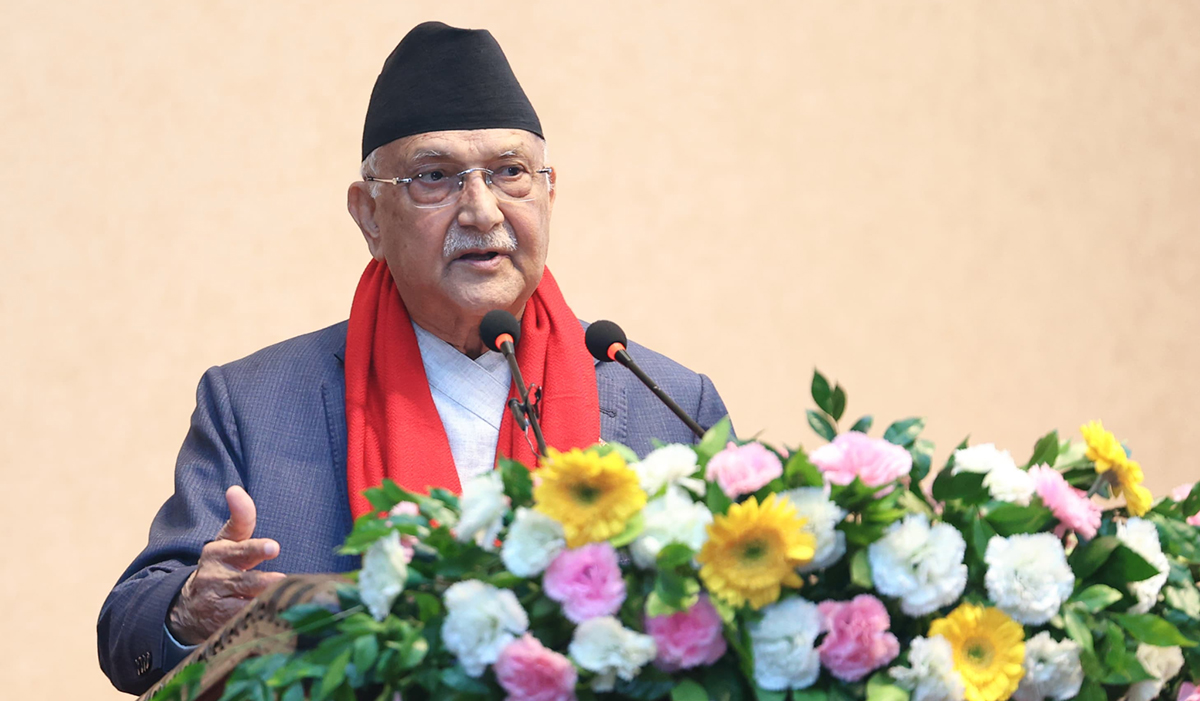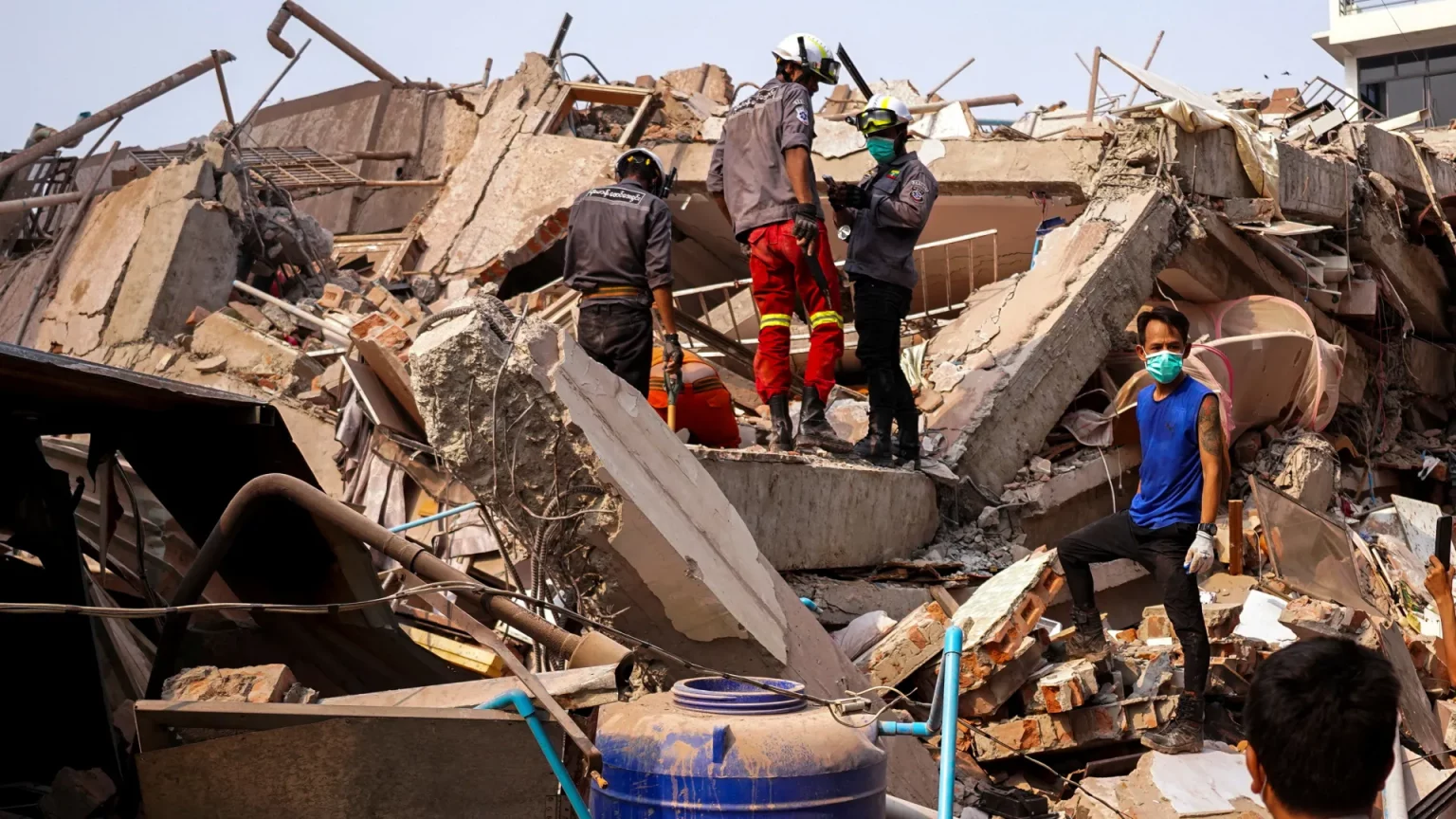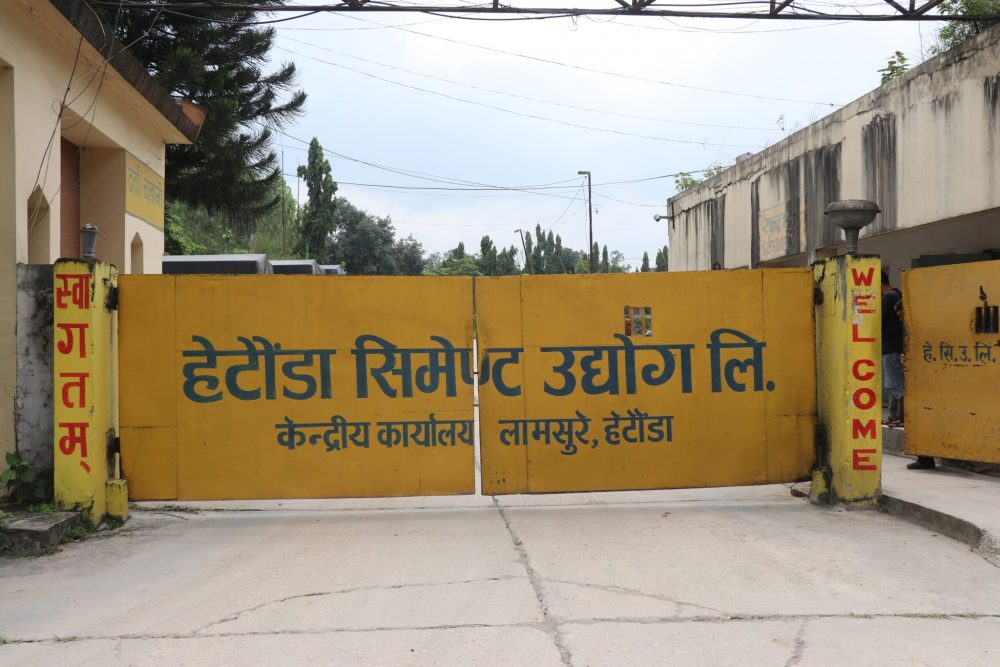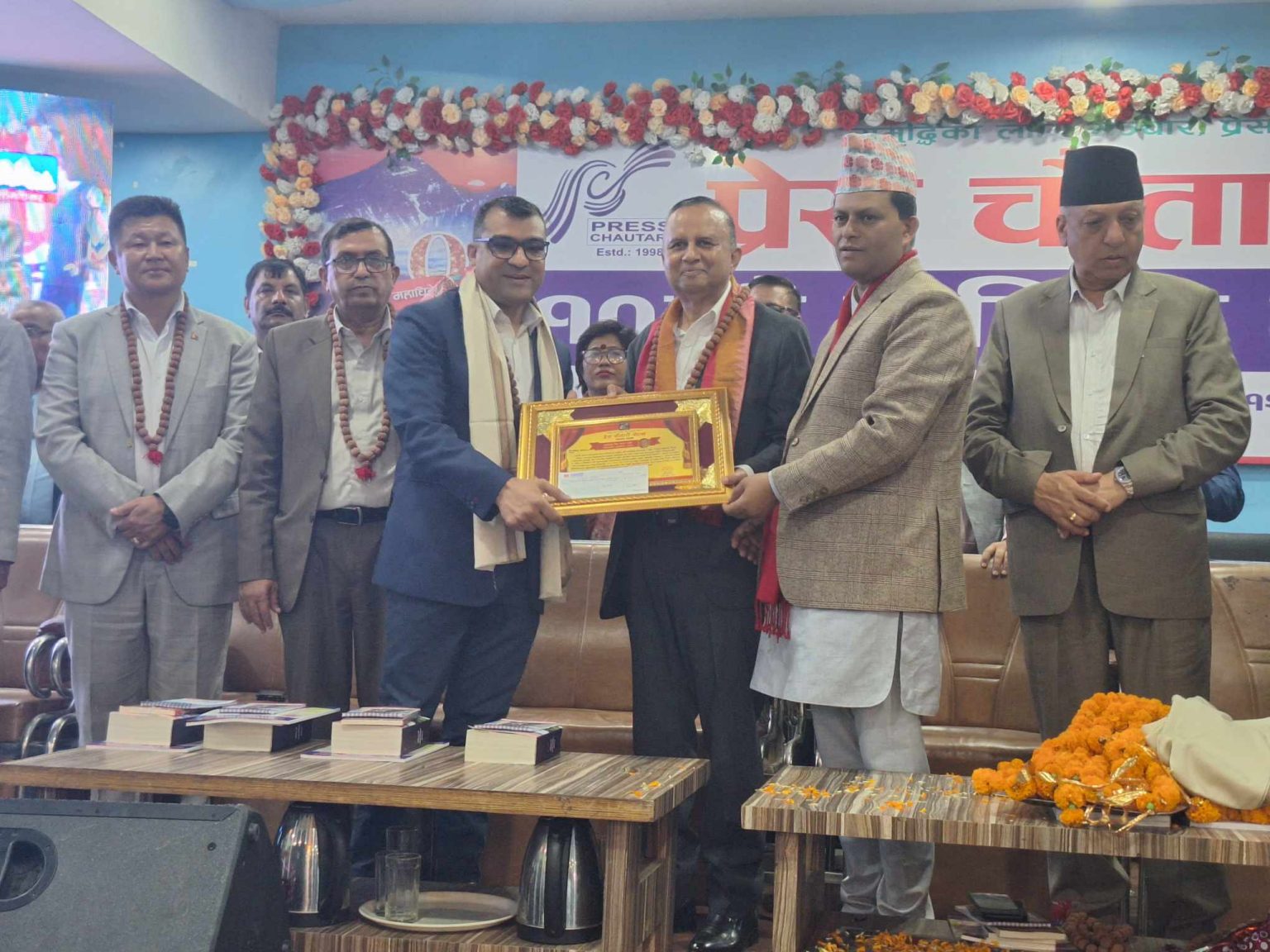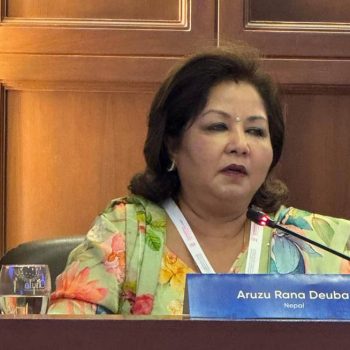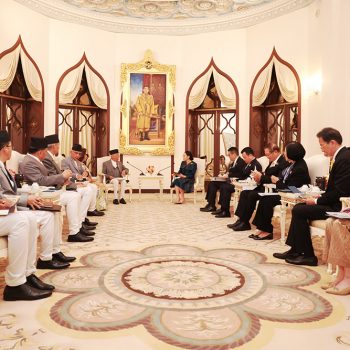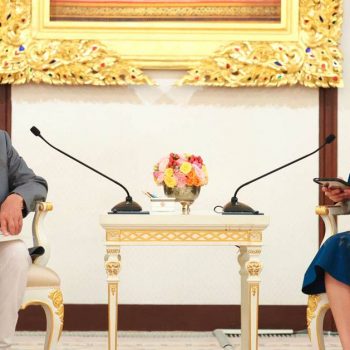Customers required to visit banks for online services as digital banking remains limited to name only

KATHMANDU: Limited branches of banks and financial institutions have been reopening in the presence of a small number of employees to prevent further spread of coronavirus infection. Nepal Rastra Bank has also urged to reduce the physical presence of the service recipients by adopting the maximum use of digital systems. However, there are complaints that the digital banking services provided by banks and financial institutions in Nepal are limited only to their name.
Even though banks charge customers for digital services, the service is not effective. Banks and financial institutions that are not tired of claiming such services as ‘paperless’, ‘cashless’ and ‘faceless’ banking have not been able to provide even basic digital services. Bankers who say ‘Click Bank’ and not ‘Brief Banking’ are urging service recipients to come to the bank for payment and renewal of general amounts. This proves the weakness of the banks’ weak digital systems.
Even general services such as online account registration for internet/mobile/SMS banking, Connect IPS or Mero Share are not available from the digital systems and thus service recipients are forced to visit the banks. As a result, there are concerns that the spread of coronavirus infections will increase from banks and financial institutions.
As per the instructions of the Central Bank, the name and mobile numbers of the branch and contact person of the bank operating during the period of prohibitory orders shall be periodically posted on the website. Along with the list of services, the names and number lists of the employees providing necessary information about the services are also posted on the bank’s website. However, the list has only enhanced the beauty of the websites as one has to go to the bank to receive the services and information.
Why can accounts not be registered online?
One has to go to the bank to register an account even in the banks that have advertised that this can be done online. Although you can apply online for the registration, you have to go to the bank with a photo and identity card to activate the account. According to Nepal Bankers Association President Bhuwan Dahal, one has to go to the bank for signature and fingerprint. “Even if it is for a short period of time, you have to go to the banks to activate the account,” he said. “Even for banking security, there is no alternative to visiting banks for the signature and stamping.” He says that there are very few customers that come to register accounts during the prohibitory orders and that they have also been using video conferencing for this purpose.
According to Dev Kumar Dhakal, Spokesperson of Nepal Rastra Bank, the third quarterly review of the monetary policy has made arrangements for opening accounts, filling up KYC and renewing services online. He claims that the provision of having to go to the banks to provide a signature and stamp has also been removed in view of the COVID-19 situation. “Stamps and signatures are not required now. I have received information that banks are also making consumers open accounts through Viber,” he said.
However, there is a difference between the statements of Nepal Rastra Bank and Bankers Association and the ongoing reality. Banks, on the other hand, have been inviting people physically to open accounts and for other facilities and services. The bank employees say that consumers have to come to the bank branches to fill up the KYC form, fingerprint, sign and validate the identity of the customer.
A bank employee said that the concerned person has been called to the bank branch to ensure that no one’s citizenship or photo is misused. They say that arrangements have been made to open accounts through Nagarik app.
You have to visit the bank branches to avail the facility of internet, mobile banking and fund transfer. Similarly, even though the Connect IPS form can be filled online, you have to go to the bank physically to activate the service.
Although 17 banks and financial institutions have made arrangements to link to Connect IPS service accounts online, the implementation is weak. Similarly, other banks do not even want to provide these services. Banks and financial institutions are reluctant to provide IPS connect services of the national payment system. So far, only 58 banks and financial institutions have availed the service of Connect IPS.
Standard Chartered Bank, a well-known international investment in Nepal, started providing services of IPS Connect in two phases only last week. In the first phase, money could only be sent to the Standard Chartered accounts through other bank accounts through the Connect IPS service, while in the second phase, Standard Chartered accounts can be used to send money to other banks’ accounts.
Banks and financial institutions, which are requesting for transactions through QR codes, have not been able to put an end to the situation where one has to go to the bank branch to activate the services.
Similarly, customers have complained that they have to be present at the bank and financial institution to get their demat accounts and password of Mero Share, and that the service has not been activated for weeks. The dissatisfaction of the service recipients towards the digital banking system of Nepal is increasing due to the need to physically visit banks for the smooth operation of such general services.
Banks and financial institutions in Nepal have not paid much attention to investing in the digital banking system due to increasing competition and operating costs, declining profits, and confusion in prioritization.
The problem has exacerbated due to the unnecessary interference of the Nepal Rastra Bank, the regulatory body, on the banks’ profits without taking any initiatives for quality enhancement. The central bank has not put pressure on the banks to implement the merger policy, citing COVID as the reason.
F1Soft is in charge of mobile banking for digital payments, but Nepal Rastra Bank is not in a position to guarantee its reliability and security. For mobile banking, FonePay under F1Soft has been providing the relevant service providers and technology. Nabil Bank is working as the switch for these systems.
Nepal Rastra Bank is lagging behind due to lack of infrastructure, technology, skilled staff and effective policy to regulate modern and digital banking businesses.
Nepal Clearing House Limited, which has 90% shares of banks and financial institutions and 10% shares of Nepal Rastra Bank, has not yet started the process of constructing a ‘national payment switch’. Every monetary policy says that a ‘national payment switch’ will be constructed, but this is yet to materialize. After the construction of the switch, it is said that the money going abroad in return for the provision of ATM services will remain in Nepal itself.



